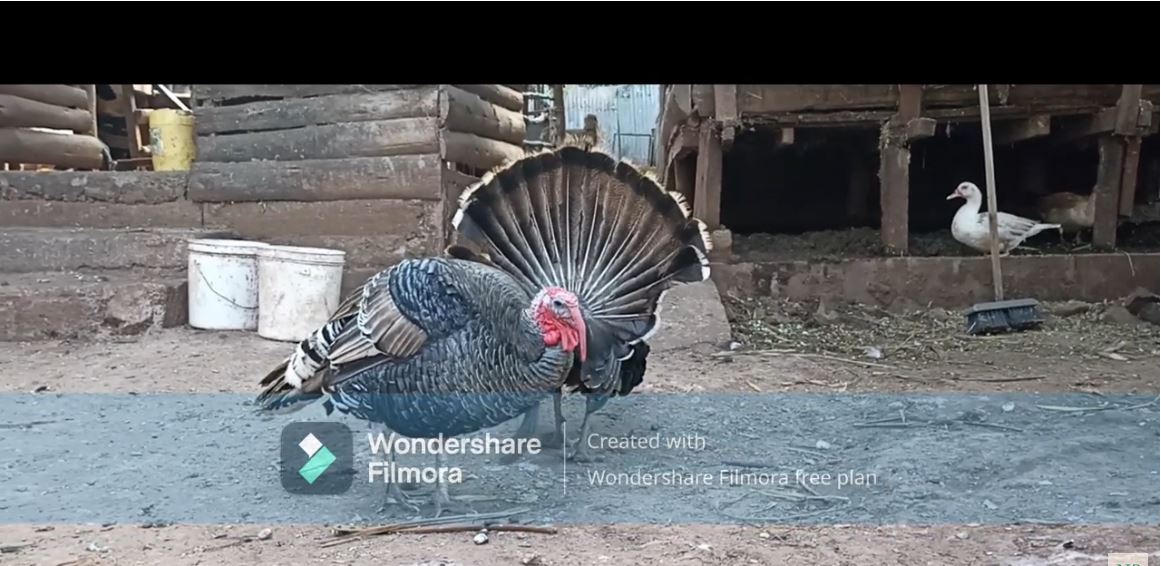»Integrated Farming«
Integrated farming system ensures that you are able to produce high quality organic foods where you will find that crop production will depend on animal production for its sustainability.
Integrated farming system also helps in cutting cost for example, if you are keeping livestock you will use the manure from your animals instead of buying fertilizer from the shop. It also helps in protecting the soil by using organic manure that is able to fully decompose and be absorbed by the crops for their growth. A farmer has to know of the possible dangers in integrated farming. For example using manure from the pigs for their crops because it contains harmful echo line which causes diarrhea in human if consumed.
Crop production
In crop production for both consumption and commercial purposes, integrated farming should be embraced to ensure protection of our environment and soil as well.
Integrated farming and regenerative agriculture is mainly about sustainability. From the crop production, we get feeds for the livestock and from the livestock we get manure for the crop in return. This helps in cutting production costs as well.
Cost reduction
Integrated system also ensures that there is additional income and distribution of risk. You find that the risk is distributed to the crops and to the animal farm.
Money that would be used to purchase manure for the crops is saved because there is manure from the animals. Also, you will have another source of energy by managing wastes from the farm e.g. the manure can be used to provide your home with energy through bio gas.
Disadvantages
Some of the disadvantages of integrated farming is some animals will harbor diseases and infections for example the pigs.
It is not always that the animals reared can produce manure for farming. Pigs tend to have echoli and once their manure is applied to the crops and these crops can not be consumed by human because they can cause cholera.



















